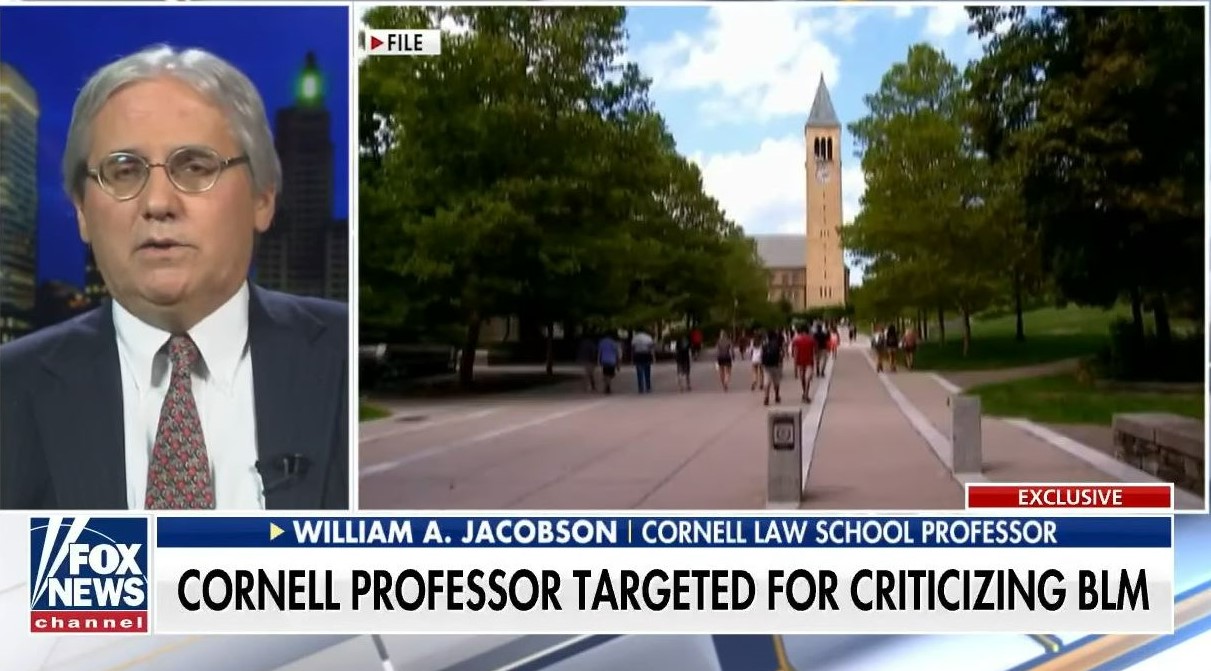Help build a culture of free expression at Cornell!
62% of Cornell students surveyed by FIRE report censoring themselves on campus.
Hold Cornell to ACTA’s Gold Standard
Cornell University is struggling to protect free expression and intellectual diversity on campus. It placed 154th out of 203 colleges in FIRE’s most recent College Free Speech Rankings. The school has mandated that applicants for faculty positions write diversity statements that serve as ideological litmus tests. Faculty and students report that the university suffers from a monoculture that chills diversity of thought. This stifling environment is exacerbated by required DEI trainings and a bias response team.
Cornell does not meet the ACTA Gold Standard for Freedom of Expression™, but it could with your encouragement. Together, we can help our country’s best schools to nourish a culture of free expression on campus. By taking steps such as adding a program on free speech to student orientation, making intellectual diversity a stated goal in faculty hiring, and adopting a statement on free expression similar to the Chicago Principles, Cornell would improve education for its students and ensure its continuing reputation as a leader in scientific discovery and civic engagement.
What is the Gold Standard?
- Adopt the Chicago Principles on Freedom of Expression or a similarly strong statement.
- Establish clear expectations regarding free expression in student, faculty, and staff handbooks and codes of conduct.
- Include a free expression unit in new-student orientations.
- Protect the diversity of political viewpoints by adopting an institutional neutrality policy such as the Kalven Committee Report.
- Sponsor campus debates that model civil discourse.
- Encourage establishment of student groups promoting free expression.
- Protect the rights of invited speakers and listeners to engage with controversial ideas.
- Establish and enforce consequences that deter disruption of sponsored speakers, events, and classes.
- Encourage presidents, provosts, and deans to model respect for a broad range of viewpoints.
- Guarantee that viewpoint diversity is reflected in student life policies and practices.
- Support academic centers dedicated to free inquiry and intellectual diversity.
- Make intellectual diversity a stated goal in faculty hiring, evaluation, and promotion.
- Eliminate speech and IT policies that have a chilling effect on free expression.
- Ensure that Title IX and other disciplinary procedures do not infringe on free expression.
- Disband bias response teams.
- Review student government policies to ensure viewpoint neutrality in student group recognition and funding.
- Incorporate explicit policies of free expression in governance bylaws and other key institutional documents.
- Include a commitment to free expression as a criterion for presidential searches and evaluations.
- Require free expression and viewpoint diversity training for administrative staff.
- Conduct regular evaluations of the state of free expression and intellectual diversity on campus.
“Freedom of expression means that, apart from some very narrow exceptions, none of us gets to tell anyone else, ‘This is what you’re allowed to say, and this is what you’re not.’ ”
Martha Pollack
President of Cornell UniversityStay up to date!
If you’re concerned about the direction Cornell is headed, sign up today to receive updates on our efforts to protect free expression and intellectual diversity on campus.
Free Your Campus, Free Your Mind
RECENT
DEVELOPMENTS
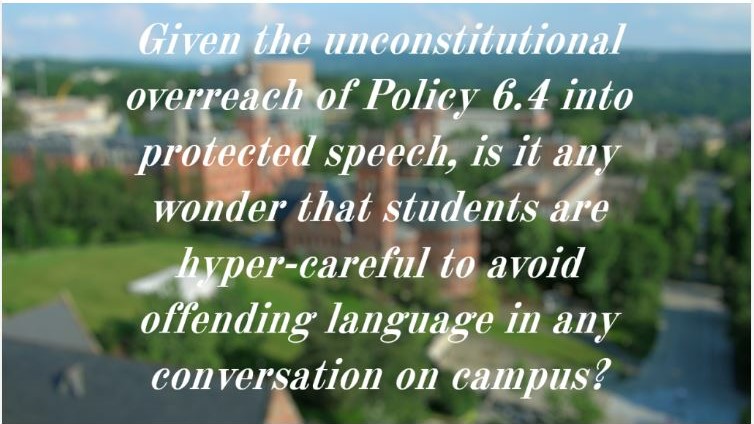 Freedom of Expression Between Students Needs Protection
Freedom of Expression Between Students Needs Protection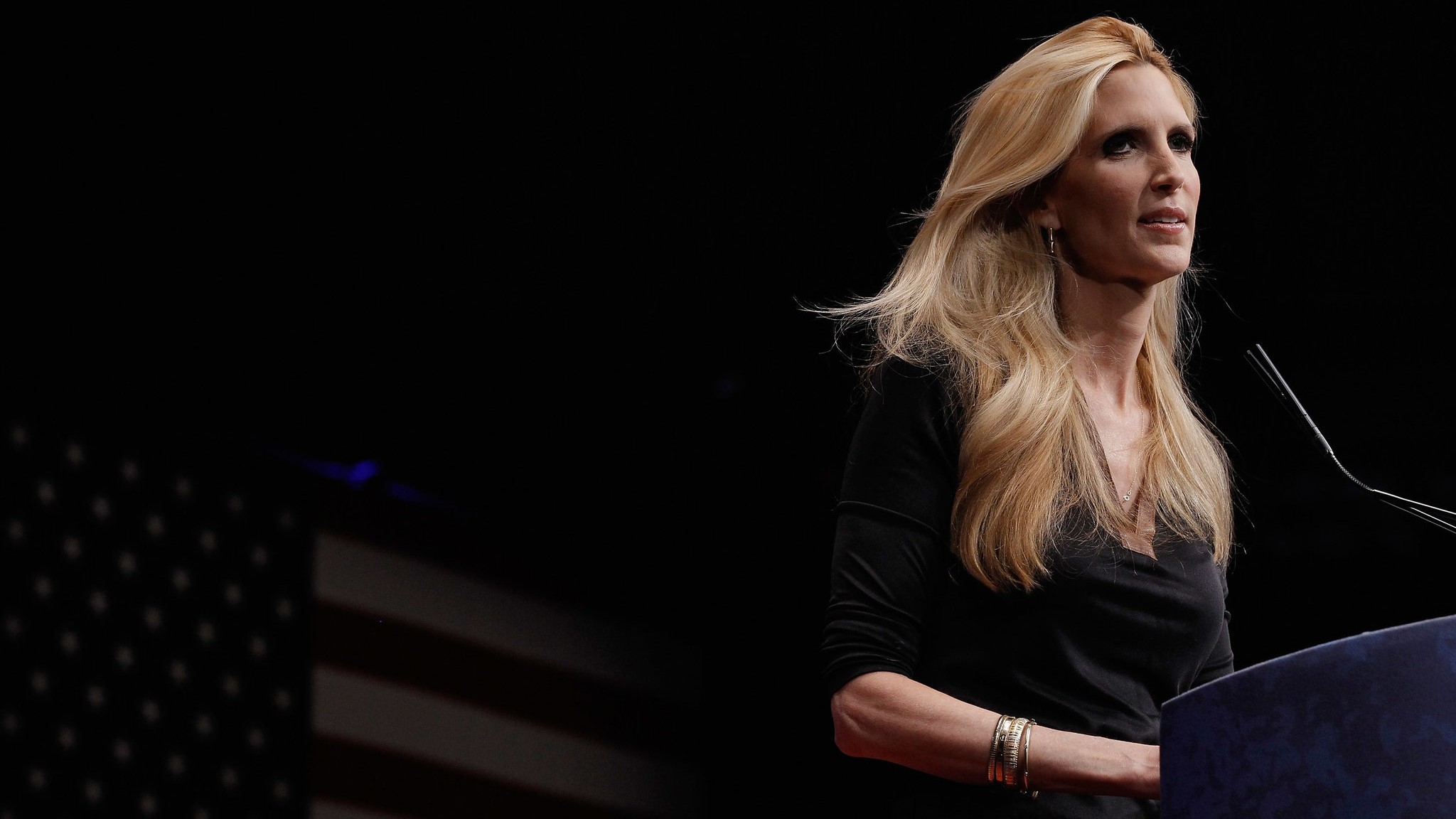 Ann Coulter’s Statement on Cancellation at Cornell University
Ann Coulter’s Statement on Cancellation at Cornell University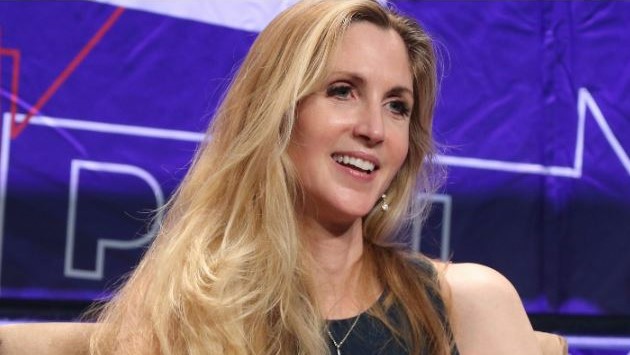 Will Cornell Protect Free Speech?
Will Cornell Protect Free Speech?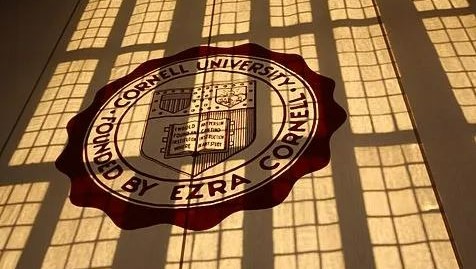 Faculty Notified of Recent Cornell DEI Move
Faculty Notified of Recent Cornell DEI Move Alumni withhold donations, demand colleges enforce free speech
Alumni withhold donations, demand colleges enforce free speech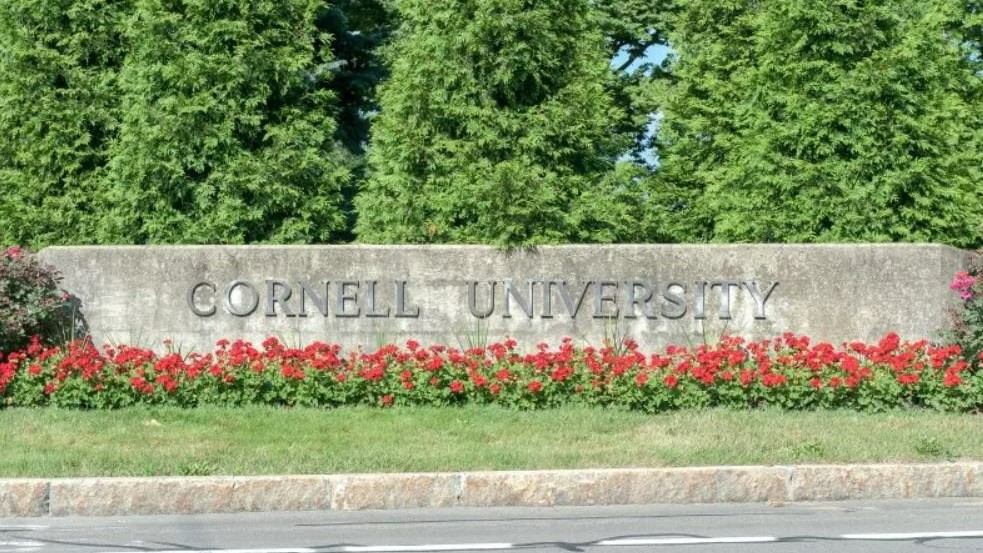 Campus Ideology’s Slippery Slope
Campus Ideology’s Slippery Slope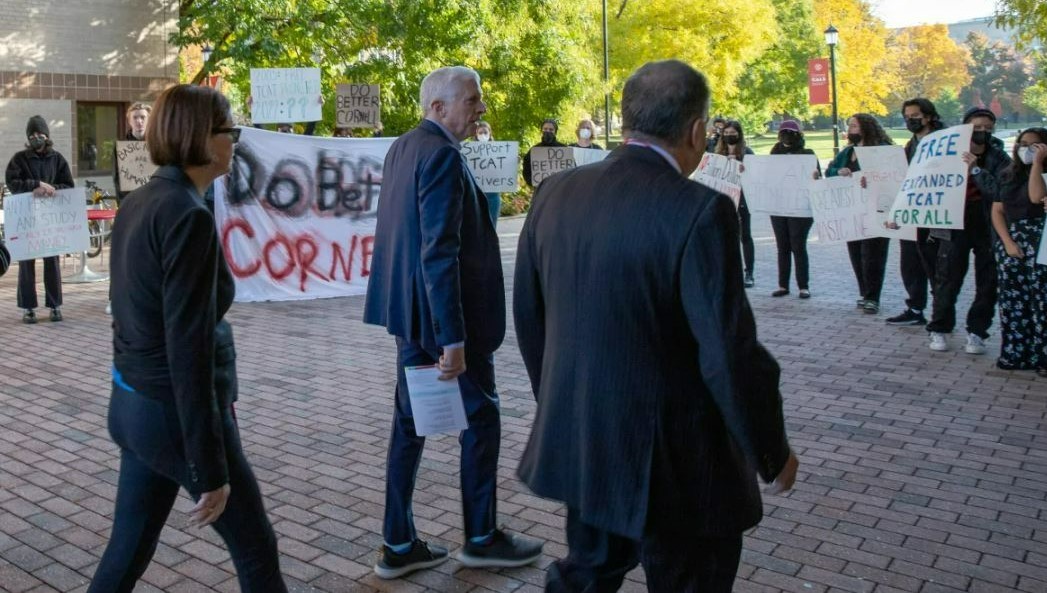 President Martha Pollack Highlights “To Do The Greatest Good” Campaign at State of the University Address, Students Demonstrate Outside
President Martha Pollack Highlights “To Do The Greatest Good” Campaign at State of the University Address, Students Demonstrate Outside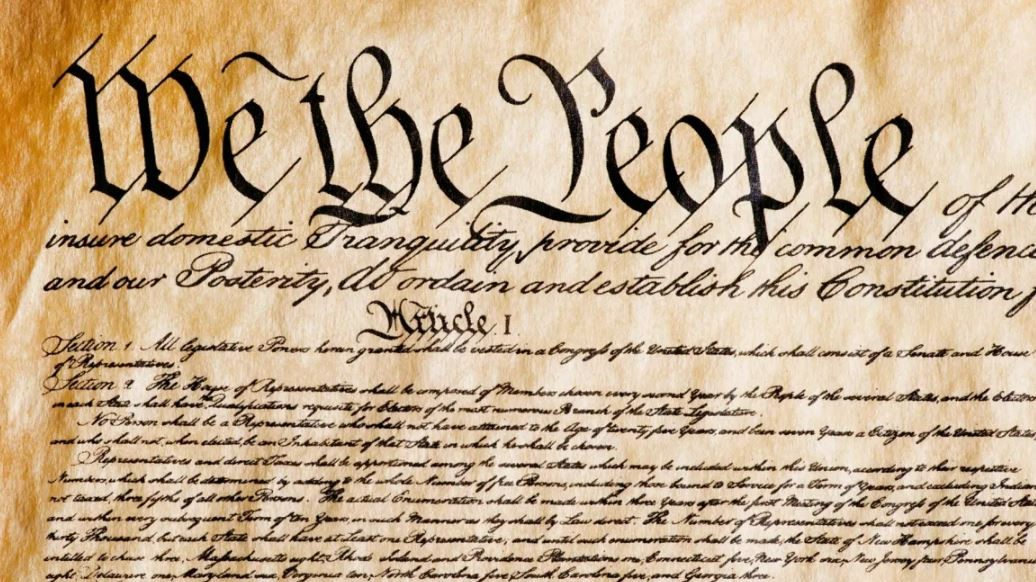 Free Speech Training is Needed at Cornell’s Orientation
Free Speech Training is Needed at Cornell’s OrientationWHO WE ARE
Launched in 1995, we are the only organization that works with alumni, donors, trustees, and education leaders across the United States to support liberal arts education, uphold high academic standards, safeguard the free exchange of ideas on campus, and ensure that the next generation receives an intellectually rich, high-quality college education at an affordable price.
Discover MoreSTAY INFORMED
Sign up to receive updates on the most pressing issues facing our college campuses.
